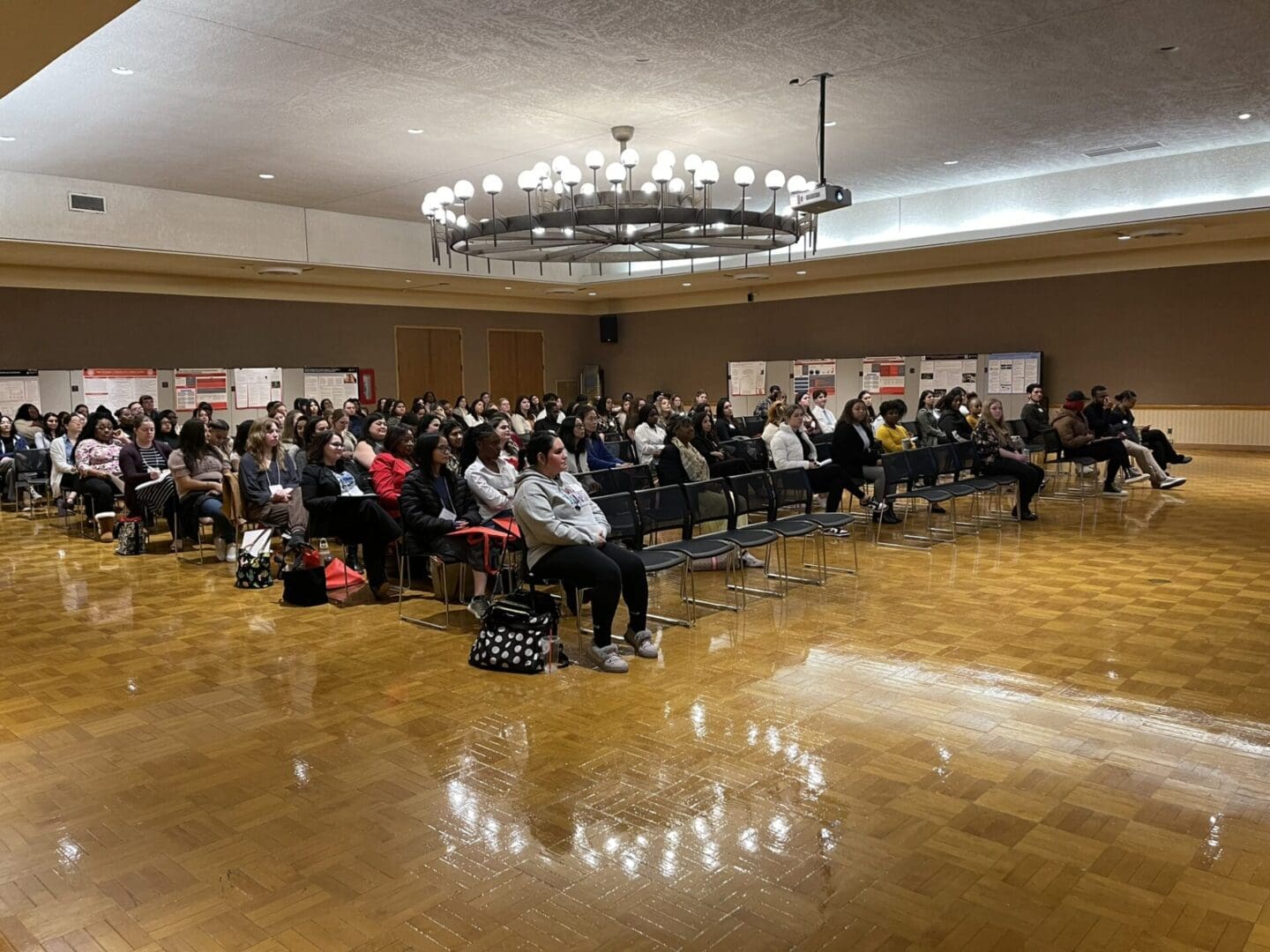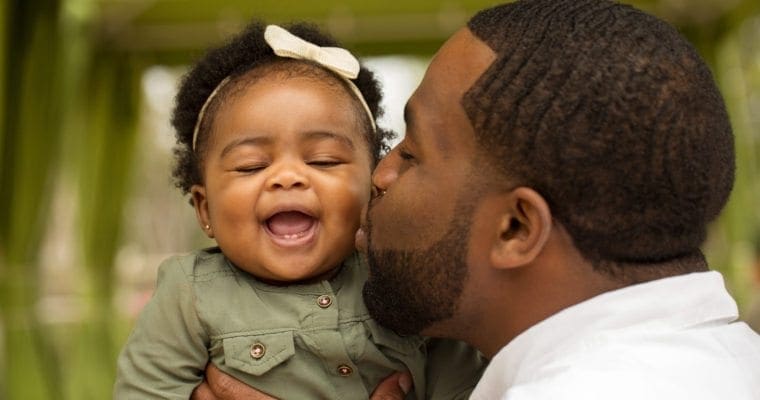On April 5th, our research team attended the Illinois Council on Family Relations 2024 Annual Conference hosted at Northern Illinois University (NIU) DeKalb, Illinois. The Illinois Council on Family Relations is a state affiliate of the National Council on Family Relations. This was the first time NIU had held the ILCFR Conference in 12 years, and we were very excited as a research team for it to return to our campus. NIU was supposed to host the ILCFR 2020 Conference, but it was cancelled to the COVID-19 pandemic. Since the ILCFR confernce took place on the NIU campus this year, many of the members on our research team attended weekly meetings to help make decisions related to hosting and aiding in running the conference. Dr. Sibley led the discussions along with Kristine Radtke. As a research team, we had been a huge help in running this event as it was a new and engaging experience for all of us. On top of this, the team presented a paper, poster, and workshop at this year’s ILCFR Conference.
The majority of the team had arrived early to help sign guests in and lead them to the correct locations. Guests attending the early hours of the ILCFR Conference were welcomed with refreshments such as husky punch, fruits, granola, and yogurt. Dr. Sibley led the business meeting right after the registration was finished. This meeting aimed to get volunteers for the NCFR committee at NIU and decide where the next ILCFR Conference will be held. The attendees all agreed that NIU should host ILCFR again in Spring 2025. There were 4 breakout sessions, a poster presentation session, and a keynote speech by Dr. DeAnna Harris-McKoy. Each breakout session contained two presentations that allowed the members of the conference to choose from. There was a delicious lunch of potatoes, cookies, and fruit halfway through the Conference.
Dr. Sibley’s Spring 2023 research team (Pelin Keceli, Jordyn Saddler, KaLilah Chears, Bella, Boccia, Chris Shultes, Alexis Elliott, and Stephanie Hawes) presented a paper, poster, and a workshop at ILCFR 2024. It was awesome to have the research team so involved in the annual state conference and wonderful opportunity to get experience presenting.
The day began with Pelin, Jordyn, and Dr. Sibley’s paper presentation of Proceed with Caution: How Emerging Adults Are Testing the Water in Just Talking Relationships (click link to access the full presentation in PDF format). Dr. Amber Vennum from Kansas State University recently co-authored another paper about just talking with Dr. Sibley that they are hoping to get published. You can find some other blog posts we have previously published that have discussed the romantic relationship trend of just talking. These findings will also be presented by Dr. Sibley, Jordyn, Pelin at the International Association for Relationship Research 2024 Conference in Boston, Massachusetts.
- RQ1: How do emerging adults define just talking and distinguish it from other types of intimate relationships?
- RQ2: How do men and women differ in their beliefs about just talking relationships?
- RQ3: What are emerging adults’ reasons for just talking?
- RQ4: What role does technology play in just talking relationships?
In this presentation, the team presented themes of “just talking” by focusing on:
- The Characteristics of Just Talking
- The Purpose of Just Talking
- The Role of Technology in Just Talking
Along with this, they highlighted significant data in the quantitative research shown in the handouts.
This research expanded the knowledge available about what “just talking” is and how prevalent this relationship phenomenon is among emerging adults. The research brought forth how “just talking” may create space in relationships for ambiguity, but further research could assist in developing understanding of just talking relationships, their outcomes, and points of intervention.
During the very well attended poster presentation session, KaLilah, Bella, and Chris presented the poster Romantic Relationship Formation Continuum: An Exploration of Steps and Stages Leading to a Committed Relationship (click link to access the poster in PDF format). This poster presentation was similar to what our team presented at the SSEA 2023 Conference in San Diego, California.
- RQ1: What do emerging adults believe is the purpose of romantic relationships?
- RQ2: What are the steps and stages in a romantic relationship and how do they progress to a committed relationship?
- RQ3: How do emerging adults feel about marriage and their personal preparation for this committed relationship?
- RQ4: How do the steps and stages that lead to a committed relationship differ compared to previous generations?
While presenting, they introduced the main themes outlined by the research’s steps of qualitative analysis.
Eight themes related to the formation of committed relationships:
- Sense of Security and Support
- Clarifying Commitment
- Investing in the Future
- Building a Foundation
- Provide Purpose and Meaning
- Apprehensive about Committed Relationships
- Personal Growth
- Marriage is Not Always the End Goal
These themes outlined in the research support Stanly Rhoades’s et. al. (2017) theory of Sliding versus Deciding.
The results supported other research studies on commitment and fear in relationships. Note that the development of committed relationships in emerging adults is ever-changing. Further research could attempt to recognize additional changes in the formation of committed relationships.
Following the Keynote, Stephanie, Dr. Sibley, and I (Alexis) presented the workshop Healing from Divorce: A Resilient and Intergenerational Framework (click link to access the full presentation in PDF format). We also distributed a handout (click link for the PDF handout) about resilient commitment to a room of conference attendees.
This workshop outlined the importance of the following themes:
- Consequences of Divorced Individuals and Children
- Individual Resilience Factors
- Coping + Adaption + Positive Growth = Resilience (Walsh, 2016)
- Positive and Negative Examples of Commitment
- Marriage Qualities Over time
- The Theory of Resilient Commitment
- Protective Factors
After the final breakout session, final refreshments were offered as Dr. Sibley led the award ceremony and the ticket raffle. It was a great way to end the end day. We then said good bye to professors, students, and professionals that had traveled throughout Illinois to attend the conference.
The Illinois Council on Family Relations 2024 Annual Conference went wonderfully well! There was delicious food, interesting and innovative presentations, and opportunities to network. Dr. Sibley’s research team experienced plentiful opportunities for professional growth and development. This experience helped our team connect and support each other in ways we had not been able to before. We all look forward to ILCFR 2025 in the upcoming year which occur again at Northern Illinois University!
Discover more from Decide To Commit
Subscribe to get the latest posts sent to your email.







